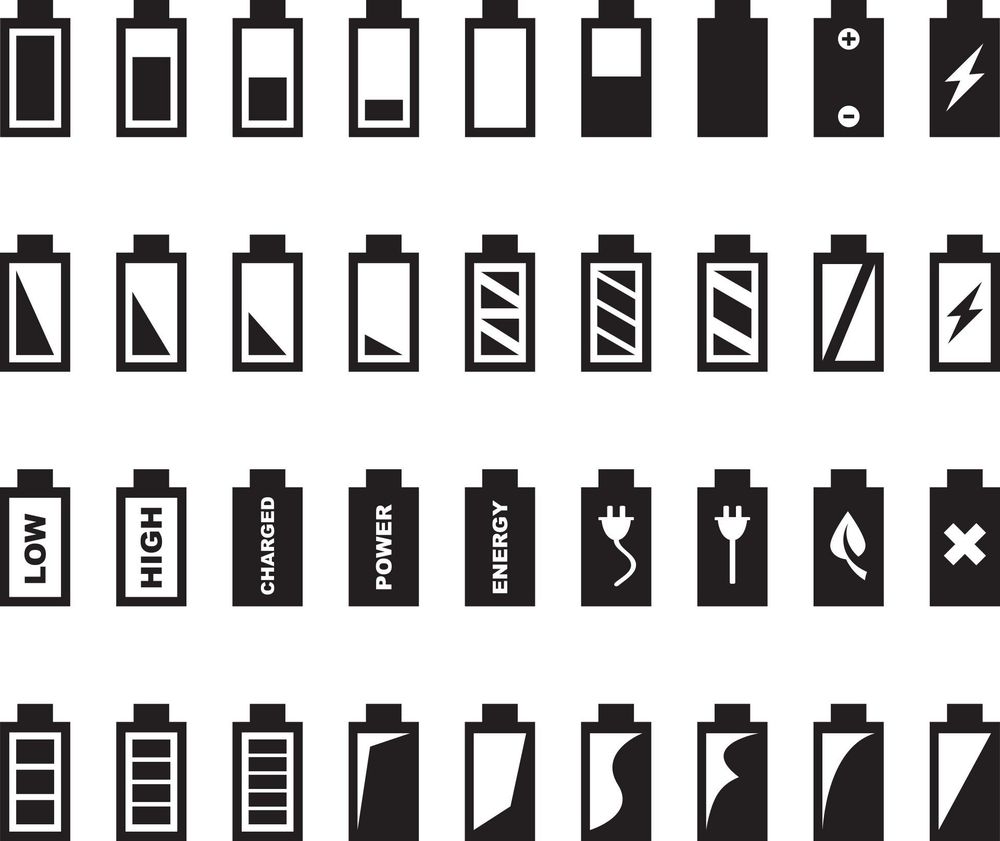Researchers have designed a machine learning method that can predict battery health with 10x higher accuracy than current industry standard, which could aid in the development of safer and more reliable batteries for electric vehicles and consumer electronics.
The researchers, from Cambridge and Newcastle Universities, have designed a new way to monitor batteries by sending electrical pulses into them and measuring the response. The measurements are then processed by a machine learning algorithm to predict the battery’s health and useful lifespan. Their method is non-invasive and is a simple add-on to any existing battery system. The results are reported in the journal Nature Communications.
Predicting the state of health and the remaining useful lifespan of lithium-ion batteries is one of the big problems limiting widespread adoption of electric vehicles: it’s also a familiar annoyance to mobile phone users. Over time, battery performance degrades via a complex network of subtle chemical processes. Individually, each of these processes doesn’t have much of an effect on battery performance, but collectively they can severely shorten a battery’s performance and lifespan.
